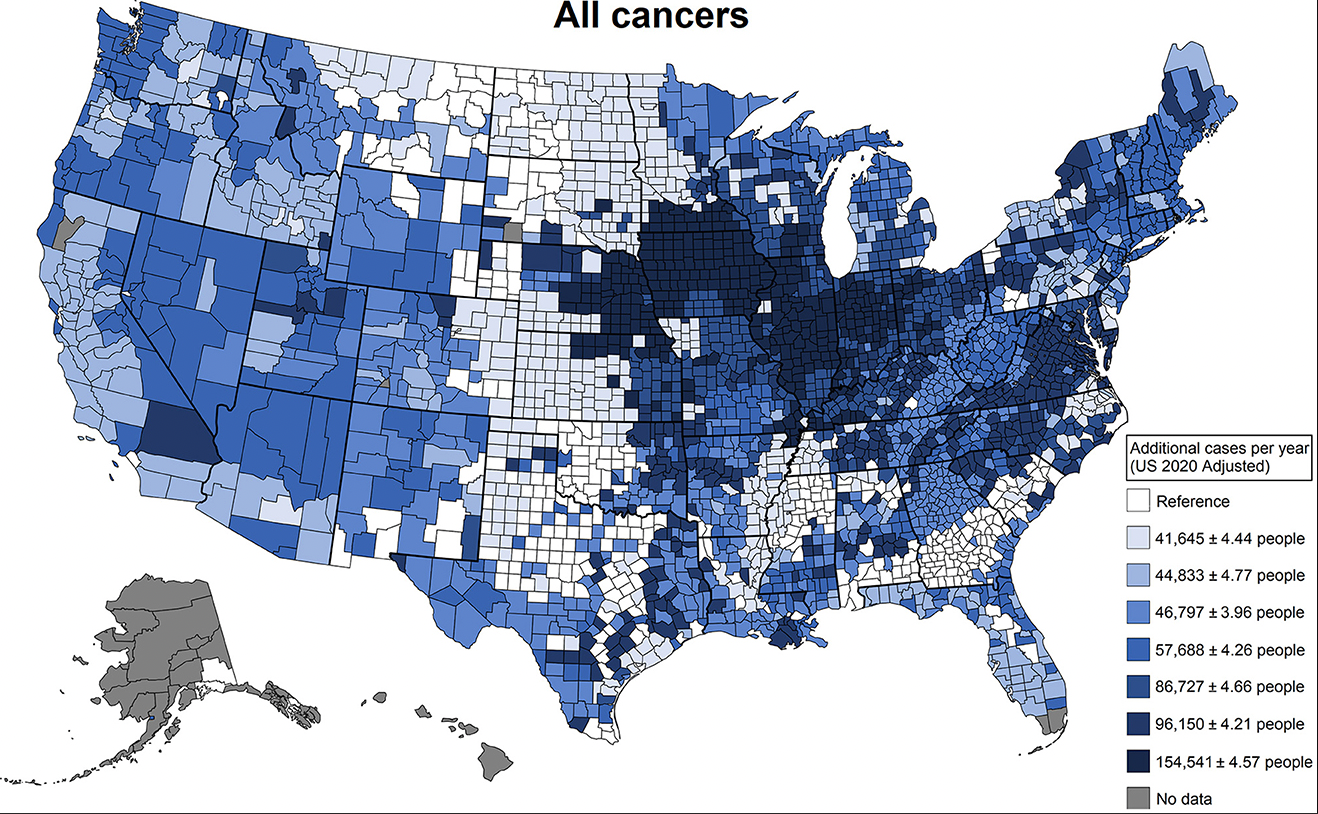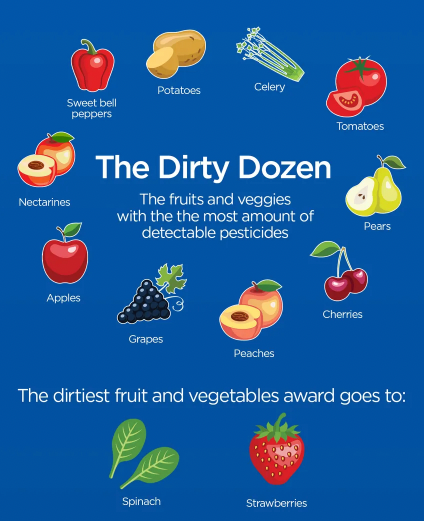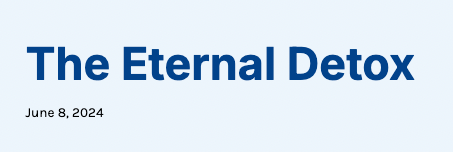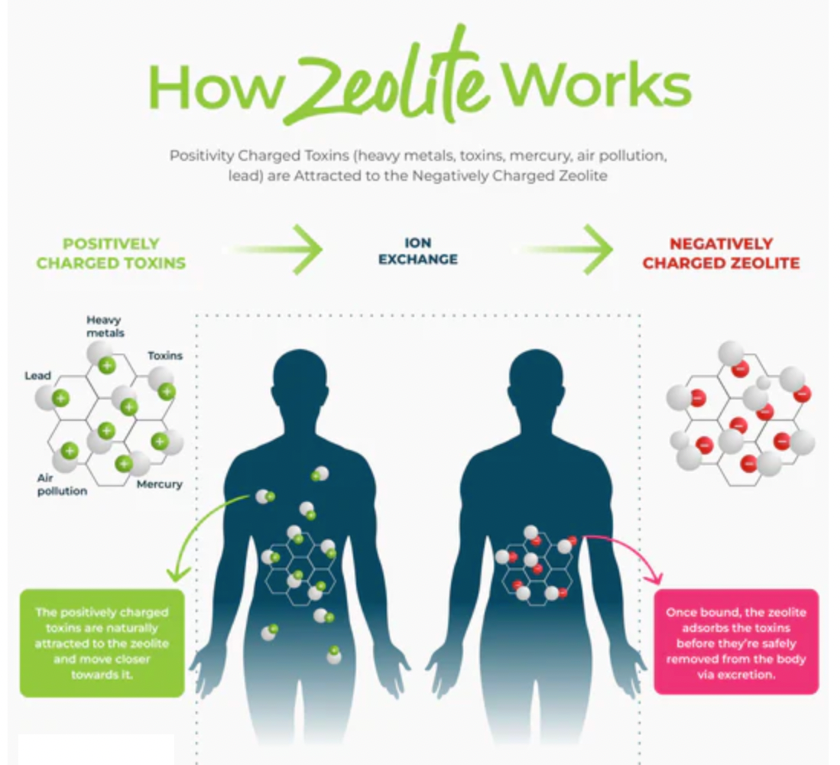If there is one piece of public health messaging that went into our brains and stayed there, it is:
Fruit and veg – 5 a day.
And for good reason. They contain a good many nutrients we need, albeit not the highest amounts. Those are reserved for animal products, especially organs, meat and dairy.
Fruit and vegetables can be a great source of micronutrients, like minerals.
But they can come with baggage, and that baggage is pesticides.
And a recent review is cause for conern in terms of increased cancer risk.

They conclude:
“In summary, agricultural pesticide use has a significant impact on all the cancer types evaluated in this study (all cancers, bladder cancer, colon cancer, leukemia, lung cancer, non-Hodgkin’s lymphoma, and pancreatic cancer), and these associations are more evident in regions with heavy agricultural productivity. Pesticide-associated cancers appear to be on par with several smoking-associated cancer types.”
Let that sink in. Increased use of pesticides is associated with increased cancer risk, on a par with smoking.
See here, in the USA where the study was conducted, the increased risk of cancer in a single year.

I eat organic when I can, but this is not always possible and also not always affordable.
The worst offenders are the so-called “dirty dozen”.

Is there anything we do to remove these pesticides in a significant amount?
The answer is an old classic, sodium bicarbonate.
Paul Saladino does a great job here explaining. Simply soak your food in water with 2 teaspoons of bicarb per litre, and it hugely reduces the pesticides (99%), which do not like the alkalinity of the bicarb.
Click it ????
https://www.youtube.com/shorts/LmQq2KIGKx8
Remember, once you have absorbed pesticides, and indeed many of the other chemicals in the environment that you simple cannot avoid, you need to remove them from your body.
This is a constant, on-going process to remove man-made chemicals from your body.
For that I use a mix of charcoal as a binder in the gut of toxins.
I wrote about that here ????

And also zeolite, a chelator, which as well as binding in the gut also goes into your blood and cells to grab heavy metals, pesticides, histamine, mold and more.

You can read about that here ????


